
- This event has passed.
Road Safety Symposium, Melbourne 13th March 2020
An exploration of evidence-based road safety innovation and sustainable mobility
March 13, 2020 @ 9:00 am - 5:00 pm
$310.00 – $620.00
Road Safety is everyone’s responsibility, especially if you work in transport.
No matter what part of the transport or urban planning realm you work, you can have an important impact on reducing the number of lives lost on the transport network.
Deaths on Victorian roads went up 25% in 2019.
There were 268 people that lost their lives on Victorian roads in 2019. The Victorian Government’s goal is to bring this number to zero. To move Towards Zero, it will be necessary for safety to become a central part of everyone’s job. No matter what part of the transport sector you work in, you can have an impact on road safety.
“Transportation is the only profession where 33,000 Americans can die in one year and no one loses their job” – Former NYC Transportation Commission, Janette Sadik-Khan
This one day symposium focuses on evidence-based road safety policies and implementation, with leading international and Australian road safety experts. The focus is to provide you with practical, pragmatic strategies for lowering the number of deaths and serious injuries on our roads.
Join some of the world’s most respected speakers on road safety and city design, to help reduce the number of lives lost on Victorian roads and make our cities more sustainable.
Speakers
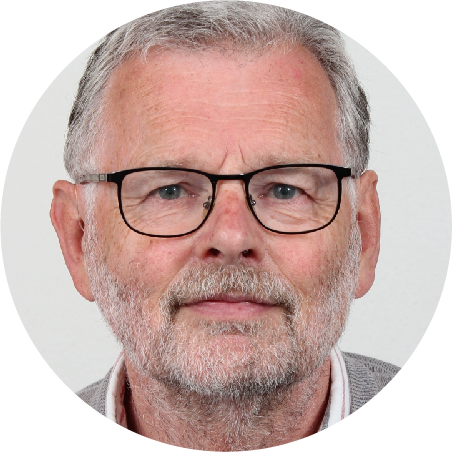
Emeritus Professor Fred Wegman
Former Head, Dutch Road Safety Institute
Fred Wegman is Emeritus Professor Traffic Safety at Delft University of Technology and was a ‘Thinker in Residence’ in South Australia. During this time, Fred developed a strong understanding of the Australian road safety context and insights into the challenges for road safety in Australian cities.
Read more
Fred is also the former managing director of SWOV Institute for Road Safety Research in the Netherlands. He is one of the designers of the Dutch version of the Safe System approach (called Sustainable Safety). He regularly advises governments all over the world on road safety and has developed insights on how Australia could improve its track record on road safety.
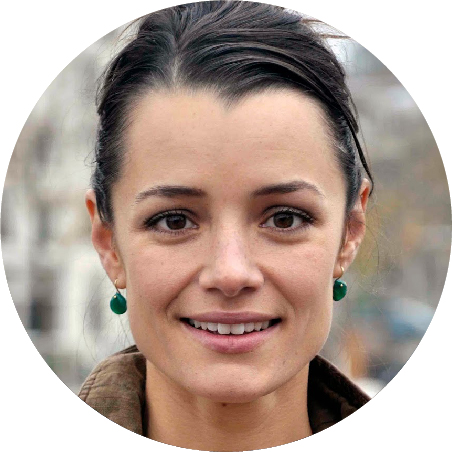
Meredith Glaser
Urban Planner, Urban Cycling Institute, University of Amsterdam
Meredith, originally from the US and based in the Netherlands since 2010, specialises in urban change processes and mobility governance. Her current research focuses on public sector innovation and capacity building for accelerated cycling policy implementation. She is also one of the world’s most experienced study tour leaders for professionals seeking to learn Dutch transport planning policies and practices.
Read more
She also manages academic outputs for several European Commission projects and sits on the advisory board of the Cycling Research Board.
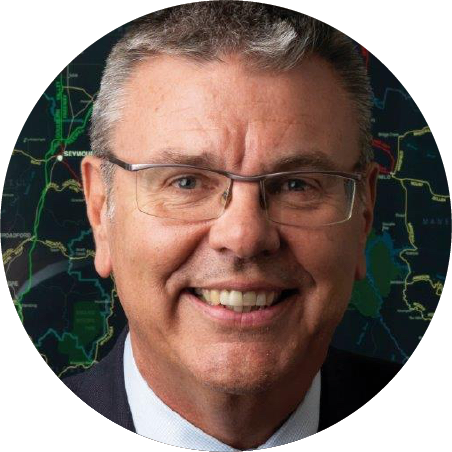
John Merritt
Former CEO VicRoads and Chair of the Board of Worksafe Victoria
John Merritt is an advisor to Ministers, Boards and Chief Executives, on leadership, culture, engagement, strategy and change. He is Chair of the Board of Worksafe Victoria, an Advisor at the global engineering firm, Arup, a Special Advisor to the Planning Minister on combustible cladding, a member of the Advisory Council for the Monash University Accident Research Centre, and a member of the Audit, Risk and Compliance Committee at the St Kilda Football Club.
John successfully led large and complex organisations for over twenty years. He was the Chief Executive of VicRoads, the CEO of the Environment Protection Authority, and Executive Director of WorkSafe Victoria. He was also the Chief Executive of the National Safety Council of Australia, and held senior management roles in the Fletcher Challenge organisation.
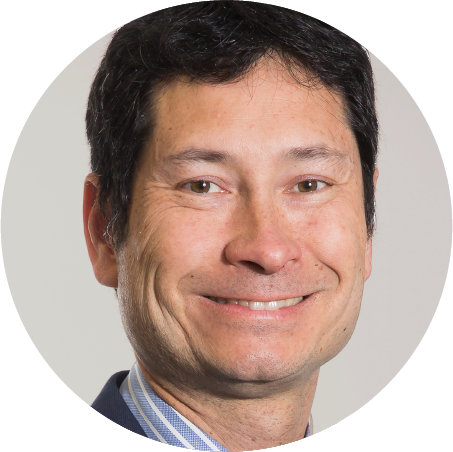
Associate Professor Jeremy Woolley
Director, Centre for Automotive Safety Research
Jeremy Woolley has over 20 years’ experience in road safety research. His experience includes in-depth crash investigation, vehicle safety
performance testing, police crash and injury data analysis.
Read More
Jeremy has spent much of his career focussing on knowledge transfer activities and capacity building to better manage road safety in the public and private sector. Together with Dr John Crozier from the Royal Australasian College of Surgeons, he co-chaired an inquiry into the National Road Safety Strategy with the final report delivered to parliamentarians in Canberra in September 2018. In the same year Jeremy was made a Fellow of the Australasian College of Road Safety for his contributions to road safety.
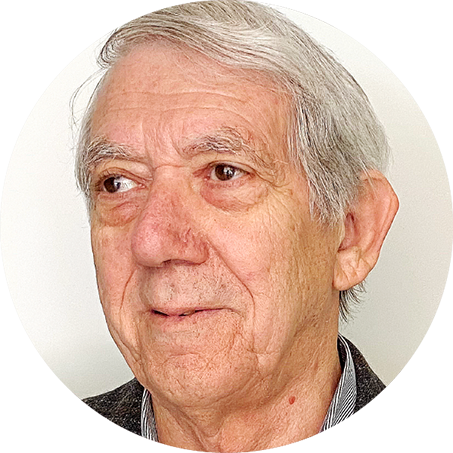
Professor Brian Fildes
Adjunct Professor, Monash University Accident Research Centre (MUARC)
Professor Brian Fildes is an Adjunct Professor with the Monash University Accident Research Centre (MUARC). Brian has a PhD in Psychology and qualifications in Science and Engineering. He is also a Visiting Professor at the Transport Safety Research Centre at Loughborough University in the UK. His speciality is Human Factors research in road safety. He has particular interests in occupant protection, speeding, driver perception and injuries to older people, both on the road and in the home.
Brian led the research design and evaluation of the City of Yarra’s 30km/h zone in Melbourne’s inner north – the first trial of its type in Australia.
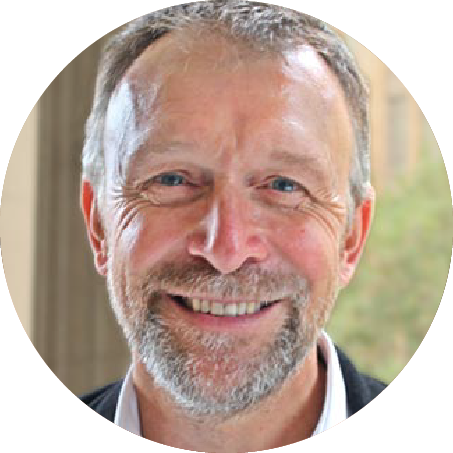
Councillor Nicolas Frances Gilley MBE
Council Transport Chairman City of Melbourne
Cr Nicolas Frances Gilley first worked in the corporate world of hospitality and stock broking in the United Kingdom. He started the Furniture Resource Centre and built this into the UK’s leading social enterprise organisation, providing assistance and employment opportunities to homeless people. For this, he was awarded the MBE.
In 1996 he was ordained an Anglican priest and two years later he emigrated to Australia where he was the CEO of the Brotherhood of St Laurence from 1998 to 2004. This work earned him an Australian Centenary Medal.
In 2004 Cr Frances Gilley founded and led for-profit environmental and social purpose businesses Easy Being Green and Cool nrg International. These businesses have worked with Governments, the World Bank, UNFCCC, global financial institutions and some of Europe’s leading companies to develop and deliver groundbreaking climate and antipoverty programs globally.
Cr Frances Gilley also works with and advises a range of startups in IT and the arts.
He was one of the first 30 social entrepreneurs selected to join the Schwab Foundation for Social Entrepreneurship at the World Economic Forum.
Cr Frances Gilley is Council’s Chair of the Transport portfolio and Chair of the Aboriginal City portfolio. He is also the Council representative on the Metropolitan Transport Forum.
Topics
Understanding current trends and challenges in road safety
What are the main risks to Australian road users, how has this been changing over time? Learn the safety challenges on the horizon that may threaten to increase the risk profile on Australian city streets.
What has and hasn’t worked in road safety?
A critical examination of the policies that have bolstered road safety outcomes and the transport policies that continue to increase the risk of serious injury and fatality. Learn from best practice cities on how to minimise safety risks, and enhance the liveability and sustainability of our cities.
Target setting for road safety
Is Australia meeting its road safety targets, and what can be learnt from the world leaders in transport safety? Has politics got in the way of effective transport policy? How can areas like parking and speed management be used to bolster safety outcomes on city streets?
Driverless vehicles
What are the implications for a future in which driverless cars share the city streets with pedestrians, cyclists and human driven vehicles? What policies need to be in place to ensure the safety benefits are maximised and walking and cycling participation is not stunted?
Boosting participation and safety for pedestrians and people on bikes
Most cities have goals to grow active transport and lower the number of injuries to people on foot and bike. What can Australian cities learn from best practice countries in simultaneously growing active transport & boosting safety levels?
Speed: Is 30 the new 40?
Many cities in Australia are debating the merits of moving to 30km/h on certain streets. Delegates will hear from a leading Australian council on their experience following the first area based trial of a 30km/h zone.
Why is this symposium different?
-
Each speaker has been carefully selected for their depth of knowledge in road safety, their engaging speaking capabilities and their ability to tie this knowledge into the Australian context.
-
Learning from the best: The Netherlands has become a world leader in road safety. They were not always at the top of the road safety list, and this conference offers two excellent Dutch experts to describe the policy measures implemented in the Netherlands that have led to their place as one of the safest places to drive, cycle and walk.
-
Applies road safety within the context of the Sustainable Safety paradigm, which has been applied successfully in the Netherlands.
-
Great balance of audience interaction. Many conferences leave little time for Q&As. This conference offers generous opportunities for the audience to contribute and ask questions.
